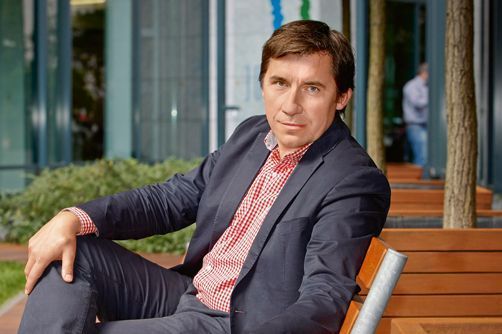Aneta Cichla, ‘Eurobuild CEE’: ECE has participated in one of the largest ransactions on the retail market this year – the purchase of the Silesia City Center shopping centre in Katowice for over EUR 400 mln. Is it worth buying such product on the Polish market?Leszek Sikora, the managing director of ECE Projektmanagement Polska: There are many centres in Poland that are ripe for acquisition. In the last few years there were quite a lot of facilities of different categories built. Some have even managed to become old and others are still being built. It is a vibrant market where a lot of transactions are being closed. Such as, for example, the purchase of Silesia City Center by a consortium including ECE and which Allianz is the leader of. On the other hand, it is harder to find a premier league centre – the best on offer. This, again, is reflected in the higher prices that need to be paid for the best centres. Silesia cost over EUR 400 mln. It is one of the largest transaction





























































